In a significant development for cricketing diplomacy and logistics, the International Cricket Council (ICC) has announced a hybrid model for the 2025 ICC Champions Trophy. This decision comes in light of India’s firm stance against traveling to Pakistan for the tournament, citing long-standing security and political concerns. The hybrid model ensures that matches involving India and Pakistan will be played at neutral venues, while the rest of the tournament’s fixtures will be hosted in Pakistan.
This landmark decision, confirmed by ICC officials, has sparked debates in the cricketing world, balancing the spirit of international sportsmanship with the realities of geopolitics.
Background: A History of Complex Relations
India and Pakistan, two cricketing giants, have shared a storied rivalry on the field but a strained relationship off it. Diplomatic tensions have frequently spilled over into sports, affecting bilateral cricketing ties. Since 2013, the two nations have not played a bilateral series, limiting their encounters to ICC tournaments and the Asia Cup.
The decision to award the 2025 Champions Trophy to Pakistan was initially met with enthusiasm by the Pakistan Cricket Board (PCB), marking a major milestone for cricket in the country. However, India’s refusal to travel to Pakistan posed a significant challenge for the ICC, which had to devise an equitable solution to ensure the smooth conduct of the tournament.
The Hybrid Model: A Compromise Solution
Under the hybrid model, matches involving the Indian cricket team, as well as any India-Pakistan clashes, will be held at neutral venues yet to be announced. The remaining fixtures will take place in Pakistan, giving the host nation the opportunity to showcase its cricketing infrastructure and passion for the sport.
This model is not unprecedented. A similar arrangement was employed for the 2023 Asia Cup, where Pakistan retained hosting rights, but India’s matches were shifted to neutral venues in Sri Lanka.
PCB’s Reaction and the Road Ahead
The Pakistan Cricket Board, initially reluctant to accept the hybrid model, eventually agreed under certain conditions. PCB officials emphasized the importance of reciprocity, suggesting that a similar arrangement should apply to ICC tournaments hosted by India. This means that during events held in India, matches involving Pakistan may also be relocated to neutral venues.
“While we respect the ICC’s decision, it’s important that this arrangement is seen as a two-way street,” a PCB spokesperson stated. “The hybrid model ensures participation while respecting the concerns of all stakeholders.”
The PCB’s concession is seen as a pragmatic move to maintain its standing in the global cricketing community while ensuring the tournament’s success.
Challenges and Criticisms
The hybrid model has drawn mixed reactions. Supporters hail it as a practical compromise that upholds the integrity of the tournament. It allows India and Pakistan to compete without compromising on security concerns or political sensitivities.
However, critics argue that such arrangements dilute the essence of hosting rights and create logistical complexities. Fans in Pakistan, who were eager to witness an India-Pakistan match on home soil, expressed disappointment at the neutral venue arrangement.
Cricket analysts have also pointed out the financial and operational challenges posed by a hybrid model. Managing multiple venues across different countries will require meticulous planning and significant resources.
Implications for Future ICC Events
The 2025 Champions Trophy is not the only event impacted by these geopolitical realities. The ICC has indicated that the hybrid model will be applied to other tournaments in the 2024-2027 cycle, including the Women’s ODI World Cup in India and the Men’s T20 World Cup, co-hosted by India and Sri Lanka.
This precedent underscores the growing influence of political dynamics on international cricket. It also highlights the ICC’s role in navigating complex situations to ensure the sport’s global growth and appeal.
Fan Reactions and the Bigger Picture
Fans from both nations have taken to social media to voice their opinions. While many Indian fans supported the decision, citing security concerns, Pakistani fans lamented the lost opportunity to host one of cricket’s most anticipated rivalries on home soil.
Despite the challenges, the hybrid model reflects a broader effort to balance tradition, security, and diplomacy. Cricket, often seen as a unifying force, continues to play a unique role in fostering dialogue between nations, even amid strained relations.
Conclusion: Cricket Above Politics
The ICC’s decision to adopt a hybrid model for the 2025 Champions Trophy highlights the delicate balance between sports and geopolitics. While the arrangement may not please everyone, it ensures that the tournament will proceed without compromising on safety or inclusivity.
As the cricketing world gears up for the 2025 Champions Trophy, one thing is certain: the India-Pakistan rivalry will continue to capture the imagination of fans worldwide, regardless of where the matches are played. The hybrid model, though imperfect, reaffirms the ICC’s commitment to making cricket a truly global sport, even in the face of complex challenges.
Also Read- 1. Winter’s Bounty: 5 Must-Have Vegetables in India
2. 5 Brain-Boosting Foods to Power Your Mind
3. Kulgam Encounter: 5 Terrorists Neutralized in Joint Security Operation
Reference- To know more click here











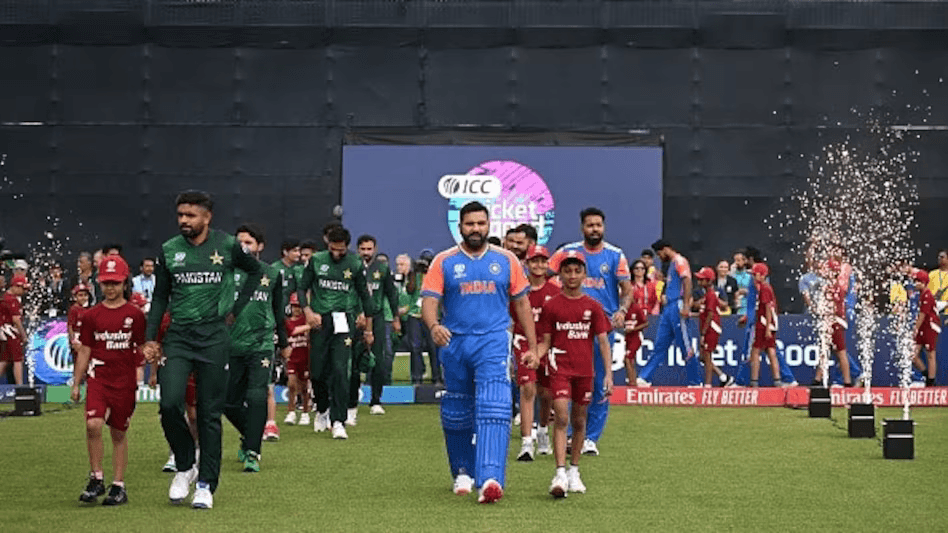



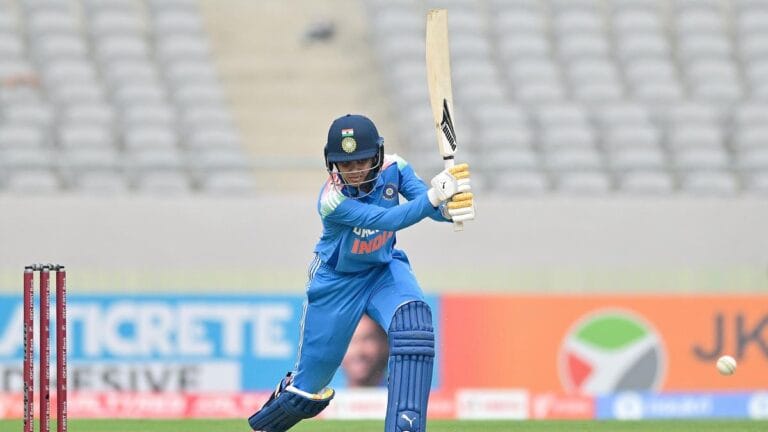
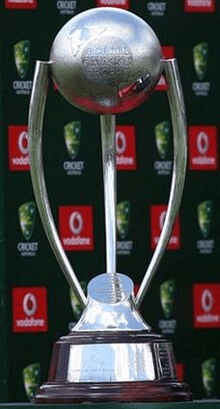
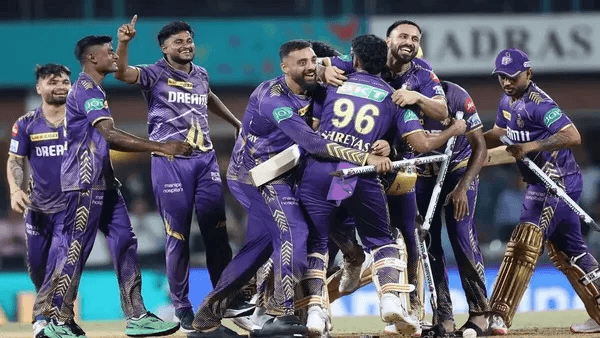
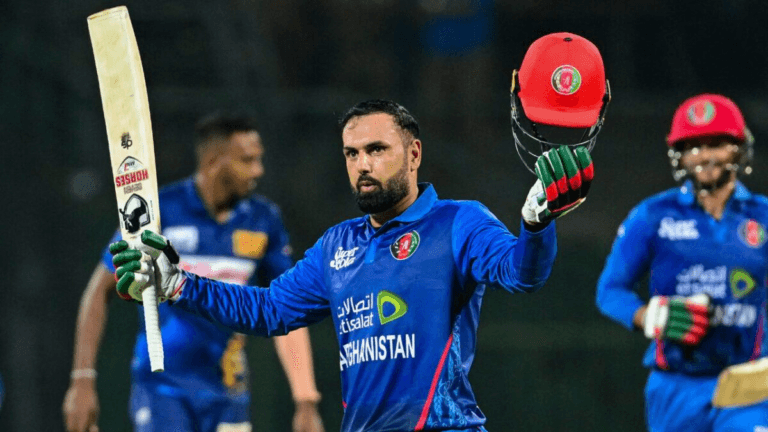

One thought on “India to Skip Pakistan for 2025 Champions Trophy: ICC Confirms Hybrid Model for Matches”